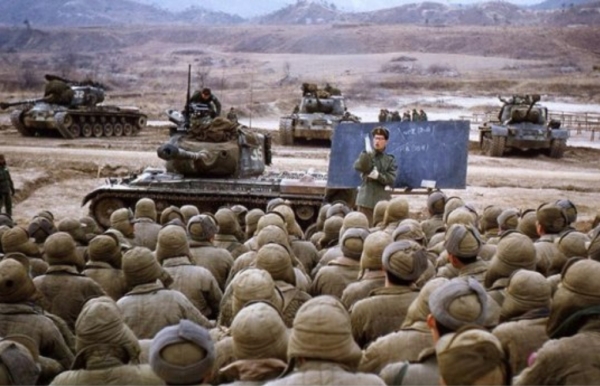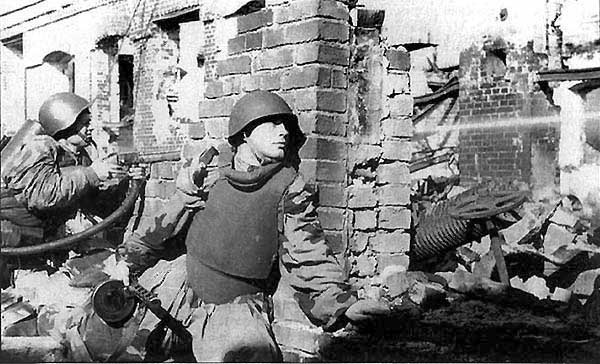

He also believed that the Allies are unlikely to launch an offensive in Western Europe, enabling him to focus on the Eastern front. Hitler hoped that a decisive victory over Russia would ruin the relationship between the Allies and gave him both political and military advantage. Stalin was angered with his Western Allies for postponing the planned opening of the front in Western Europe.

At the same time, a victory could win him a major political advantage over the Allies whose relations were not the best at the time. The mighty Wehrmacht that overrun the Red Army in the early stages of the Operation Barbarossa and reached the outskirts of Moscow in a few weeks was in retreat from the winter of 1943 and Hitler desperately needed a victory against Stalin's forces to boost the German morale, regain initiative in the Eastern front as well as to demonstrate the Allies the might of his forces. The war in Russia was far from over but any hopes for the German success against the Soviet Union came to an end with the defeat at Kursk.Īfter the defeat in the Battle of Stalingrad, the German position in Russia was very difficult. But it was also a decisive battle in the Eastern front. As such, it was one of the largest battles of World War II and the largest tank battle in military history.

The Battle of Kursk was fought by about 4 million men, 13,000 armored vehicles and nearly as much aircrafts.


 0 kommentar(er)
0 kommentar(er)
